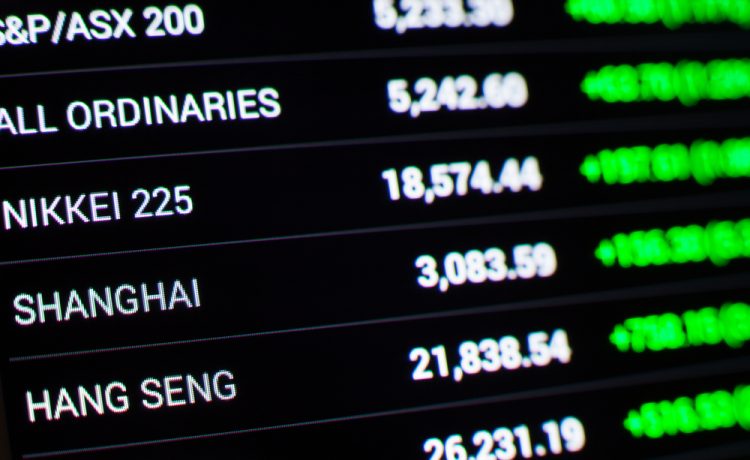China’s blue chip CSI300 index was down 1.11%, the Shanghai Composite was 1% lower, Hang Seng Index was trading 1.45% higher, Australian shares were 0.3% higher, while Nikkei stock index was 0.55% lower
Asian stocks were higher on Wednesday, unfazed by a rating downgrade to China by Fitch which caused a mild domestic sell-off as the world’s second-largest economy struggles to mount a solid post-COVID recovery.
In early European trades, the pan-region Euro Stoxx 50 futures were 0.55% higher at 4,970, German DAX futures were 0.39% higher at 18,391, FTSE futures were 0.64% higher at 7,996.
U.S. stock futures, the S&P 500 e-minis, were up 0.1% at 5,265.3.
MSCI’s broadest index of Asia-Pacific shares outside Japan was up 0.48%, after U.S. stocks closed the previous session with slight gains.
The yield on benchmark 10-year Treasury notes was at 4.3556% compared with its U.S. close of 4.366% on Tuesday. The two-year yield, which increases with traders’ expectations of higher Fed fund rates, hit 4.7384% compared with a U.S. close of 4.747%.
Fitch affirmed China’s sovereign rating at ‘A+’ even though the outlook was downgraded to negative and it predict economic growth this year would slow.
These downgrades reflect mostly the current cyclical situation in China, they are not forward looking. This means that as and when China’s economy improves, they will change their rating outlook to positive, according to Chi Lo, senior strategist at BNP Paribas Asset Management. He said the Fitch move followed a similar call by Moody’s in December.
China’s blue chip CSI300 index was down 1.11% after earlier opening flat while the Shanghai Composite was 1% lower. Hong Kong’s Hang Seng Index escaped the selling and was trading 1.45% higher.
Australian shares were 0.3% higher, while Japan’s Nikkei stock index was 0.55% lower. The Nikkei is looking to test 40,000 points again, with the yen’s decline seen helping support that push.
Nevertheless, further weakness in the Japanese currency could prompt authorities to intervene, particularly if the yen breaks 152 per dollar. Any intervention moves though were unlikely to see the yen strengthen sharply, analysts said.
We do not expect the yen, with interest rates going up in Japan, that there will be major upside in the currency in the near future, according to Marcella Chow, senior strategist at JPMorgan Asset Management.
The BoJ will be taking very small steps at a time when a number of global central banks are contemplating reducing rates means any yen moves higher will be limited, Chow added.





